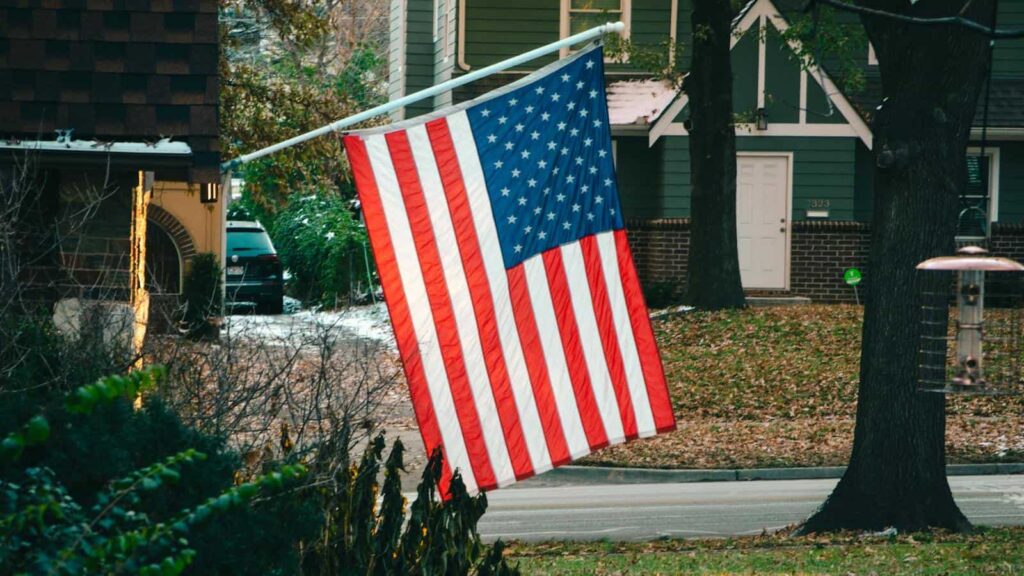10 American Habits That Are Considered Rude in Other Countries
10 American Habits That Are Considered Rude in Other Countries

When traveling, it’s easy to forget that our everyday habits might come off as odd or even rude in other countries. From how loudly we speak to the way we greet people, cultural norms can vary widely. In this article, we will explore 10 common American habits that might not sit well overseas. Recognizing these differences can help us become better, more respectful travelers.
1. Speaking too loudly in public

In many parts of the world, speaking loudly in public is seen as disruptive and impolite. In the United States, it’s common for people to talk with raised voices, especially on cell phones or in groups.
However, in countries like Japan and Sweden, maintaining a lower, more subdued tone in public is the norm. Speaking too loudly can draw unwanted attention and may even be considered disrespectful.
2. Wearing shoes indoors

Taking your shoes off when entering someone’s home is a practice observed in many cultures around the world, including in countries like Japan, Korea, and many parts of Scandinavia and Eastern Europe.
In these places, wearing shoes indoors is not only considered rude but also unclean. This habit helps keep the indoors free from dirt and grime that might be carried in from outside.
3. Smiling too much at strangers

In America, smiling at strangers is a common, friendly gesture. However, in some countries, such as Russia and Finland, smiling without a reason at people you don’t know can be perceived as insincere or even suspicious.
It’s important to gauge the social norms of the country you are in and understand that what is friendly in one place might be odd or unsettling in another.
4. Tipping where it’s not customary

While tipping is a way of life in the United States, it’s not always practiced in other parts of the world. In countries like Japan and South Korea, tipping can be seen as insulting; it may be interpreted as suggesting that the employees need extra money to do their jobs well. Always check the local customs regarding tipping to avoid any misunderstandings.
5. Eating while walking

Grabbing a bite and eating it while on the go is typical in the fast-paced American lifestyle. However, in some cultures, such as in Italy and Japan, eating is considered an activity that should be done seated, to appreciate and savor the food properly. Eating while walking might be seen as sloppy or uncouth.
6. Asking personal questions too soon

Americans often use personal questions to break the ice in conversations, asking about one’s job, salary, or marital status. In many cultures, however, such questions can be seen as intrusive, especially early in a relationship. Countries like the United Kingdom or Germany value privacy, and it’s better to let personal information be shared voluntarily.
7. Cutting in lines or queues

Queueing politely is a rule that is held in high esteem in many countries, especially in the UK and many parts of Asia. Jumping the queue, no matter how much of a hurry you might be in, can be a source of major irritation and is considered extremely rude.
8. Not greeting shopkeepers when entering a store

In the U.S., it’s not uncommon to enter a shop without acknowledging the staff. However, in many parts of Europe and the Middle East, not saying a simple hello or good day to a shopkeeper is seen as impolite. A brief greeting can go a long way in showing respect.
9. Expecting free refills on drinks

The concept of free refills on beverages is almost uniquely American. In most other parts of the world, once you buy a drink, that’s what you get. Expecting a free refill can seem presumptuous and might even cause confusion or irritation in places where this is not the norm.
10. Using first names too early in professional settings

In the United States, addressing someone by their first name is common and often encouraged to foster a friendly environment. However, in many professional cultures around the world, such as in Germany and Japan, this is considered too informal and sometimes disrespectful. It’s advisable to use titles and surnames until a closer, more informal relationship is established.
We are Mary and Eric, the founders of Be Right Back, a blog dedicated to romance around the globe and at home.
We are Mary and Eric, the founders of Be Right Back, a blog dedicated to romance around the globe and at home. With over 10 years of experience in dating and traveling to romantic places, we share our favorite date ideas and romantic destinations to help couples level up their relationships. Having lived in and traveled through the USA, we also share our favourite things to do in the States.
With 70,000 monthly readers and 16,000 followers on social media, Be Right Back is your go-to resource for romantic trip ideas and couple activities at home and abroad.
